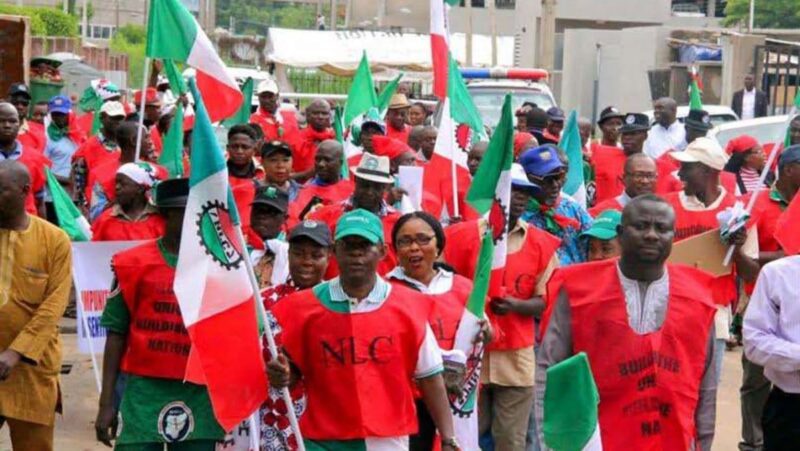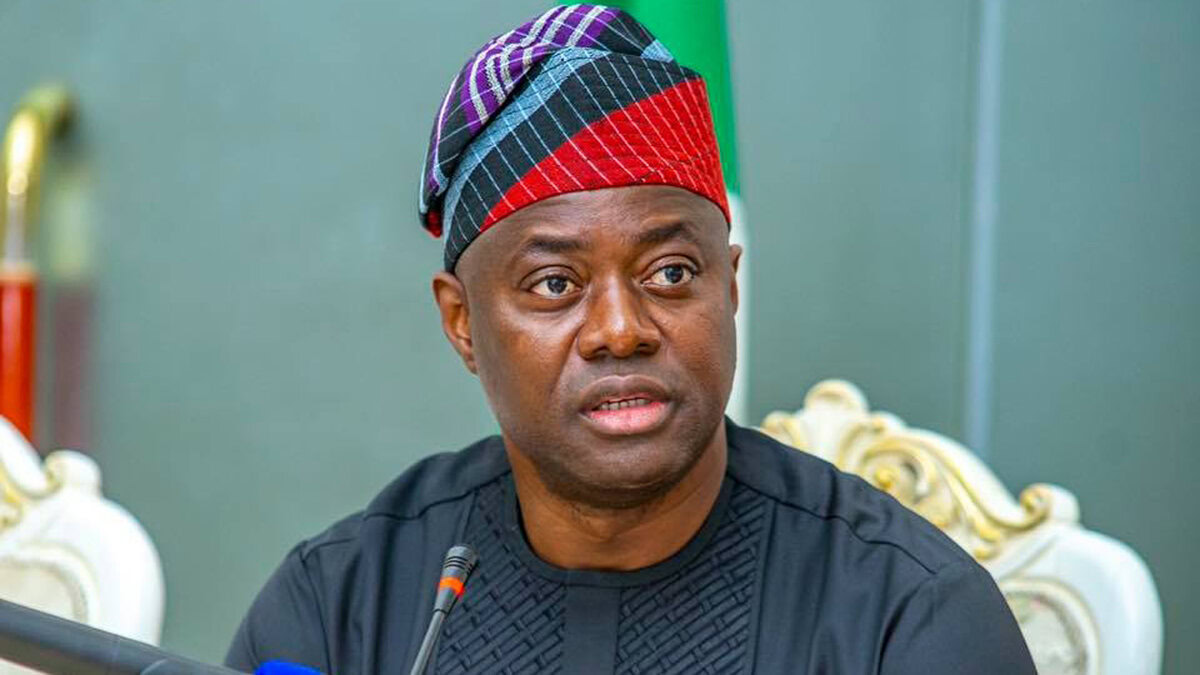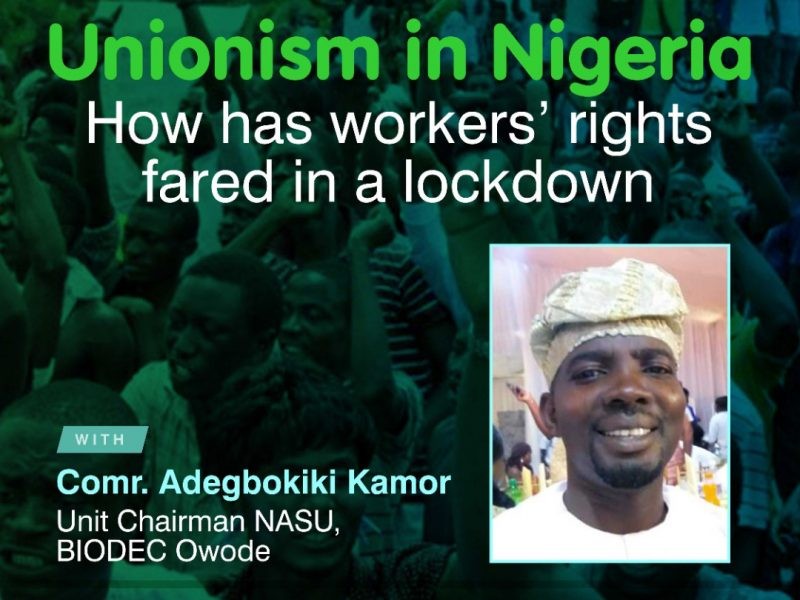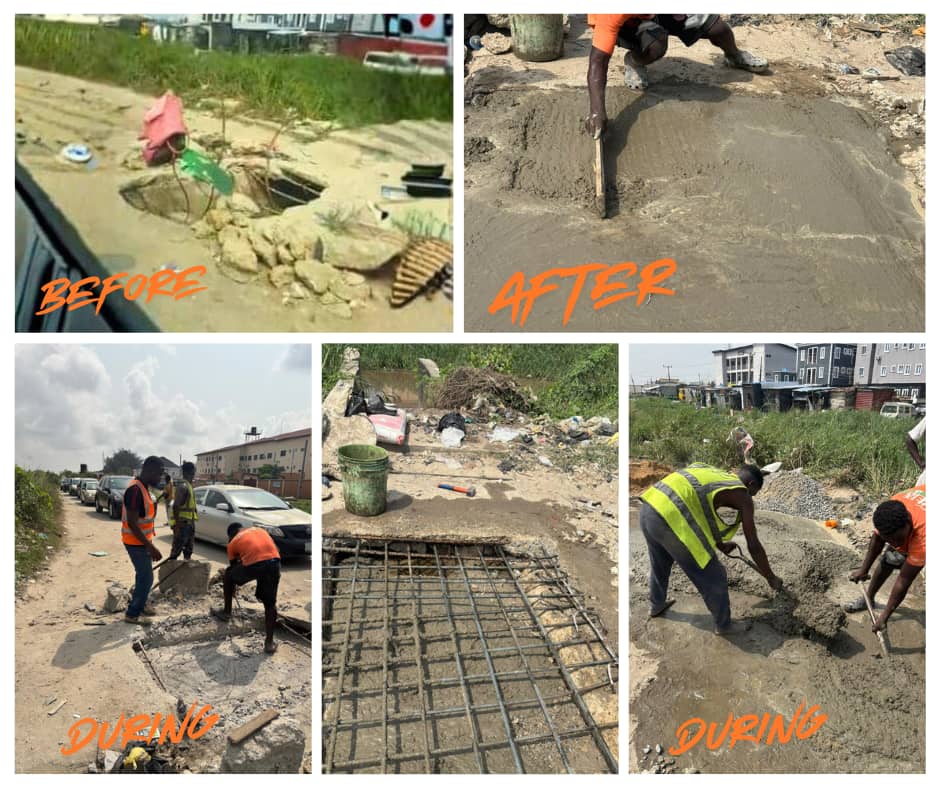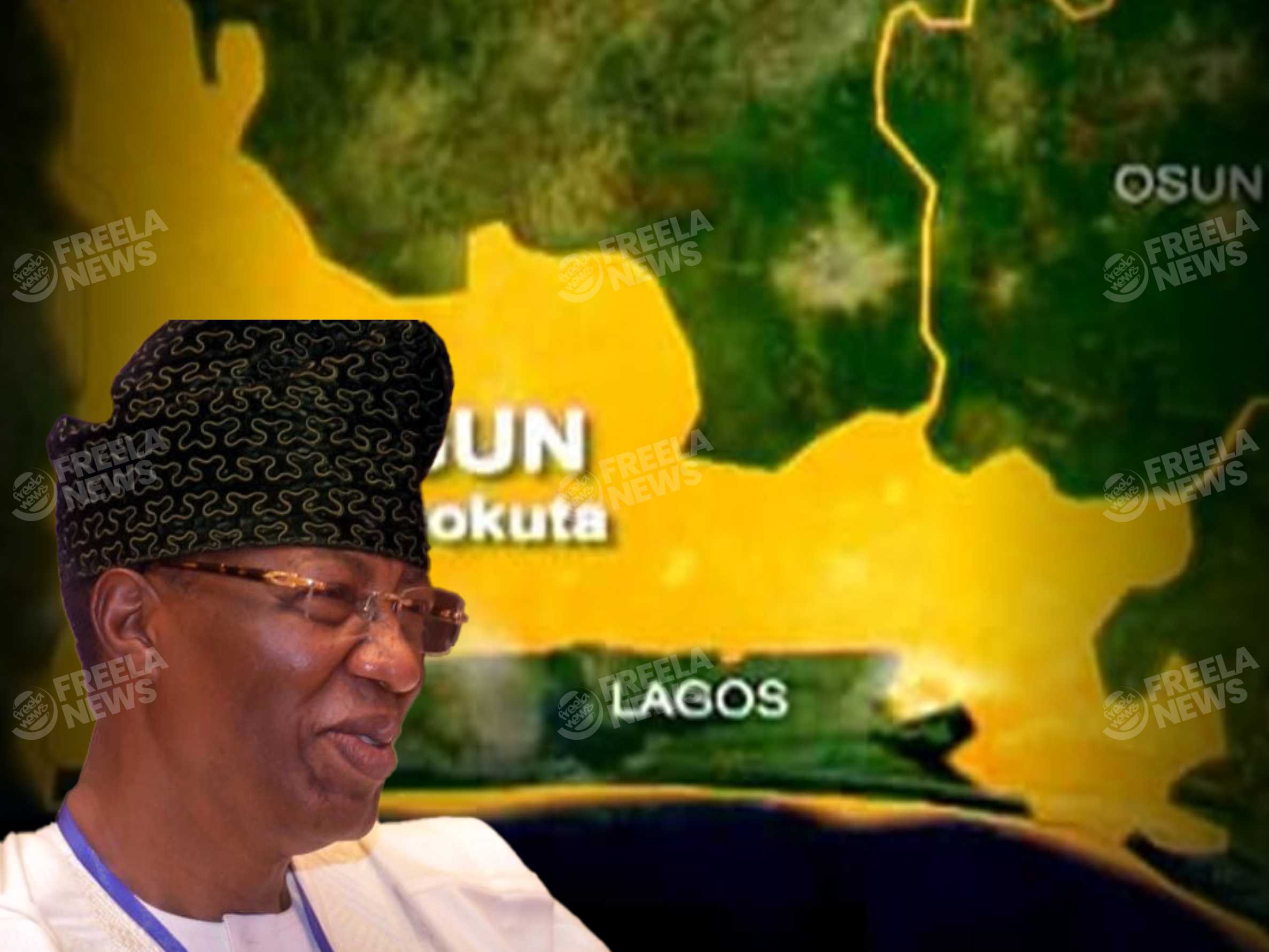Organised labour warns of possible disruption to national economic activities if the state of emergency declared in Rivers State is not reversed
[dropcap]T[/dropcap]he organised labour in Nigeria has issued a stern warning, threatening decisive action that could disrupt national economic activities if the state of emergency declared in Rivers State is not reversed within a reasonable timeframe.
Also read: Labour Party chairman calls for compassion,forgiveness amid economic hardships
This warning came in a joint statement signed by prominent union leaders including Alex Agwanwor, chairperson of the Nigeria Labour Congress (NLC) in Rivers State; Ikechukwu Onyefuru, chairperson of the Trade Union Congress (TUC); and Chuku Emecheta, chairperson of the Joint Negotiation Council (JNC).
The unions raised concerns regarding the legality and economic ramifications of President Bola Tinubu’s declaration of emergency rule in the state.
The unions described the declaration, which resulted in the suspension of elected officials such as Governor Siminalayi Fubara, Deputy Governor Ngozi Odu, and the Rivers State House of Assembly members, as both premature and baseless.
They argued that the people of Rivers State had freely elected these officials, and removing them outside the constitutional process undermines the core principles of democracy.
The statement highlighted that such an action, if not reversed, could tarnish the integrity of Nigeria’s democratic system.
The labour leaders also drew attention to the immediate hardship caused by the state of emergency, particularly the plight of local government workers who have yet to receive their salaries, exposing them to avoidable economic suffering.
The unions further warned that the state of emergency could have far-reaching economic consequences for Rivers State and Nigeria as a whole.
With Rivers State being a crucial component of Nigeria’s economy, especially in the Niger Delta region, further instability could exacerbate the country’s existing economic challenges, including inflation, high exchange rates, devaluation of the naira, rising unemployment, and the increasing cost of living.
The statement also noted that the political uncertainty resulting from the state of emergency has driven away potential investors who had previously shown interest in economic projects within the state.
The loss of such investment, the unions cautioned, could have long-term detrimental effects on the state’s internally generated revenue (IGR), impeding economic development and job creation in the region.
While acknowledging the importance of law and order, the organised labour stressed that such measures must be carried out within the framework of Nigeria’s Constitution.
The unions argued that suspending elected officials and delaying salary payments violate fundamental rights and could worsen both security and economic challenges in the state.
Also read: Labour plans talks with govs as N’Assembly okays N70,000 wage
“The Federal Government must prioritise the safety and welfare of citizens over political interests. Any governance approach that sacrifices workers’ well-being for political manoeuvres would only heighten tensions and resistance,” the labour leaders concluded.


